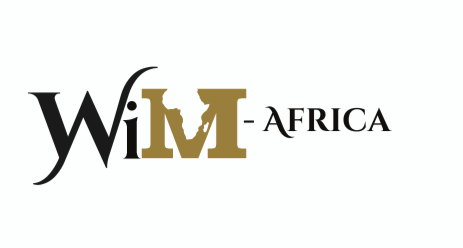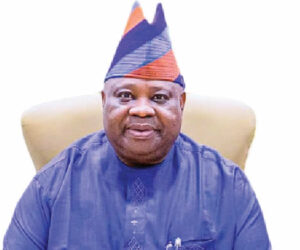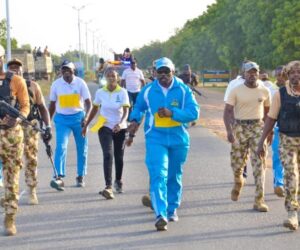Comfort Asokoro-Ogaji, executive director of Women in Mining Africa (WiM-Africa), has called on women in Africa’s mining sector to replace unhealthy competition with purposeful collaboration, stressing that collective strength remains the most powerful tool for industry transformation.
Speaking during an ongoing hybrid engagement of women miners and entrepreneurs in Sierra Leone, Asokoro-Ogaji emphasised that sustainable progress in the continent’s mining industry depends on women supporting one another through partnerships, joint ventures, and cooperative models.
“Collaboration is the true alternative to competition,” she declared. “When women compete destructively, it divides our strength and slows our progress. But when we collaborate, we build power that moves the sector—and the continent—forward.”
The WiM-Africa executive director explained that genuine collaboration within the artisanal and small-scale mining (ASM) ecosystem should translate into functional cooperatives where women pool their resources, share equipment, and jointly enhance production and safety standards.
She added that at the corporate level, collaboration could mean merging capacities and forming joint ventures to increase competitiveness and resilience.
Asokoro-Ogaji also called on women-led mining organisations to extend collaboration to advocacy and policy engagement. She encouraged the design of joint advocacy programs that strengthen institutions rather than competing for recognition or donor attention.
In response to discussions on replicating WiM-Africa’s programs across the continent, Asokoro-Ogaji endorsed the initiative and urged national and community chapters to prioritize “NextGen” programs that develop young female professionals.
According to her, Africa’s mining future depends on grooming “a new generation of vibrant, intelligent, and professionally grounded women” to lead in governance, ESG, technology, and enterprise.
“Copy all that there is to copy from WiM-Africa,” she advised. “Adapt the frameworks, fellowships, and leadership models to strengthen your structures and ensure continuity of impact.”
She further called for closer ties among women-led enterprises, mineral sourcing companies, and beneficiation industries to align their initiatives with the African Union’s Agenda 2063: The Africa We Want, ensuring women play a central role in driving responsible mineral value chains and economic transformation.
Asokoro-Ogaji reaffirmed WiM-Africa’s commitment to building an inclusive and sustainable mining ecosystem through its Five-Year Action Plan (2025–2030), which focuses on empowering women miners, strengthening cooperatives, and expanding industrial value addition across the continent.









